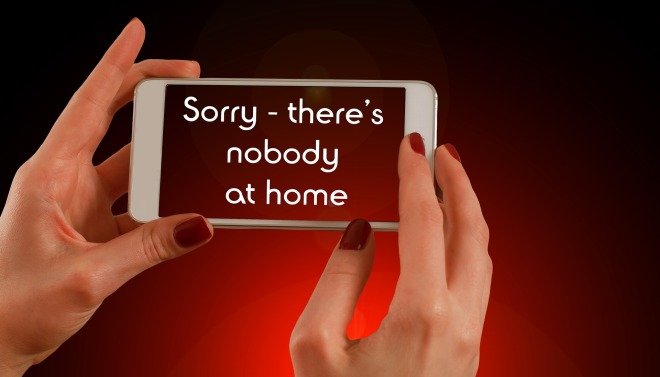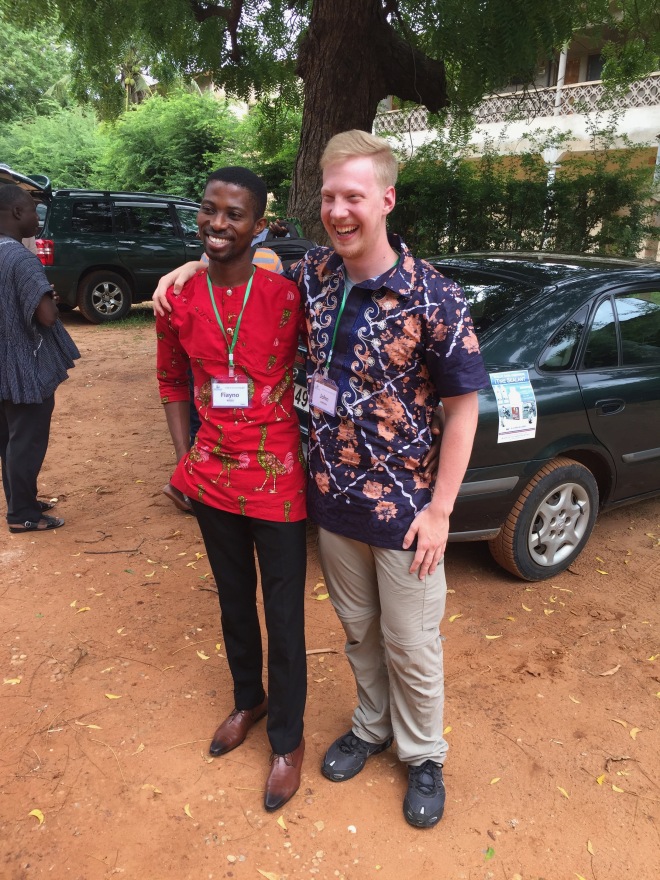
Let your conversation be always full of grace, seasoned with salt, so that you may know how to answer everyone. Colossians 4:6
In previous posts, I have described the FOMO effect (Fear of Missing Out) and the harsh reality of what living in a digital culture has done to the minds (and hearts) of the next generation. Recently, I because aware that my description of the insidious attraction of social media has expanded to the parents, too.
Digital obsession has lots of downsides, not the least of which it hampers face to face conversations. When you walk into a restaurant and see everyone at the table not talking to each other, but instead, looking at their phones, you realize that this is something that has gone terribly wrong, and it’s not just some phenomena of the next generation.
A recent survey of 2,000 secondary school students responded that they thought their parents were overusing their mobile devices. I could say that is the pot calling the kettle black, but as I look around these days, it’s not just the next generation that are glued to their cellphones.
The kids are now asking their parents to park their urge to be connected at meal time, instead of the other way around. A report by the BBC confirmed that a third of 11 to 18-year-olds students had asked their parents to stop checking their mobile devices. About 12.5% of young respondents reported that their parents were on their mobile phones at meal time.
What’s disconcerting is that the parents haven’t faced this reality yet. Only 10 per cent of parents think that their use of mobile phones is a problem. (They were polled separately.) What a reversal. The parents have caught up. My earlier discussion was by parents complaining that social media obsession of their children was harming family life.
Solutions from the younger generation are not surprising. Some 80% want to have meal times mobile device free. Over a third had asked their parents to put down their phones, and 20% said that their parents (mis-)use was encroaching on family time. Of those that asked their parents to put down their phones, less than half of the parents complied.
The study also showed that 37% of parents were on-line at least 3-5 hours a day during the week, and it could be almost 15 hours a day on a weekend. Wow. Something is tilted here.
There is now a trend reported by the New York Times recently in an article entitled “Coffee Shops Skip Wi-Fi To Encourage Customers to Actually Talk” where HotBlack Coffee shops decided they didn’t want to be an office. The owner, Mr. Bienenstock, said ““People have socially taken for granted that the coffee shop is a workplace. We don’t want to be an office. We wanted to do it old school and be a social hub.”
On a recent cross-country trip with my wife, we stopped in to a restaurant in Morgantown, WV for lunch. I inquired what the password was for the Wi-Fi which popped up on my smart phone. One of the staff said the password was “talktoyourwife.” I loved it. Point taken.
So, the lessons here is that there is a disconnect between what parents think their social media habits are, and what their children see. Sadly, like other things, until one sees it as a problem, behavior won’t change, as is shown by the 44% of the parents who ignored their children’s plea to not be online during mealtime.
If you are a parent, I would ask you to inventory your cellphone use when you are around your children. Does it distract you? Nothing speaks louder to a child than for you not to be attentive to them. If you are scrolling through your Facebook or Instagram messages during family time, it sends a message to them that they are not important.
As mentors, we have an opportunity here with the next generation. We can model appropriate boundaries of cell phone usage, particularly at mealtimes. What the next generation really wants is quality time on a face-to-face basis. They crave this, but unfortunately for some, they are not getting it. Put it another way, there is no social media message that you can read that is more valuable than spending time with young adults in vesting in their lives without the distraction of being on-line.
MENTOR TAKEAWAY: Ask your mentee if mobile phones are getting in the way of valuable family time. If so, encourage them to be vocal about it with their parents. Life moves so quickly that it is almost criminal for relationships to be derailed by a distracted parent or adult searching social media at the wrong times.
FURTHER STUDY: The BBC report:
New York Times Article on Coffee Shops without Wi-Fi: https://www.nytimes.com/2017/05/09/technology/coffee-shop-wifi-access.html
WORSHIP: If parents aren’t listening, consider the lyrics of this Mat Redman song:
COMMENT: I would be delighted at comments on this or any other post. You can comment by clicking on the icon at the top of the page, or emailing me at otterpater@nc.rr.com.
SUBSCRIBE: You can receive an email notice of each post by clicking on the icon at the top right corner of the site (www.mentorlink.wordpress.com) and entering your email address.



